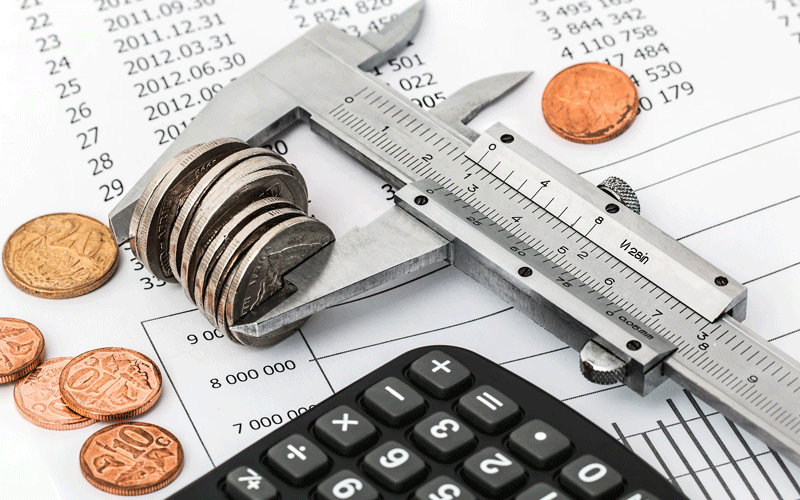Kenyans face credit crunch as new tax rules take effect
By Lewis Njoka, July 7, 2021Lewis Njoka @LewisNjoka
Kenyans have started feeling the pain of accessing credit facilities after the Finance Bill 2021 slapped a 20 per cent excise tax on loans even as analysts reckon the move will not stop the party.
Those relying on digital lenders will feel the most pain considering that mobile loans are already more costly compared to bank loans and are repaid after a shorter duration.
Millions of borrowers yesterday woke up to short text messages informing them of the new changes to prepare them for the new tax regime.
Popular mobile loans in the country include M-Shwari, Fuliza, KCB-Mpesa, Tala and Branch.
Other sources of digital loans include Zash, Zenka, Mkopa, Opesa, Vooma, Haraka, Mfanisi, Sein and Stawika among others.“
Loan disbursement
Dear customer, following the enactment of the Finance Act 2021, by the government of Kenya, we wish to inform you that beginning July 1, 2021, the fees on your M-Shwari loan will be subject to excise duty at 20 per cent deducted at loan disbursement,” reads a message to customers by NCBA’s M-Shwari.
Similarly consumers of Fuliza, a popular digital loan by Safaricom, were informed of the new tax but informed that the access fee remains unchanged.
“Dear customer, following the signing of Finance Act 2021, starting July 6, 2021 Fuliza daily fees will include 20 per cent excise duty.
Access fees remains at one per cent,” said Fuliza in a message to customers.
Safaricom says Fuliza is not a loan facility but an overdraft service that allows you to complete M-Pesa transactions when one has insufficient funds but Kenyans borrowed about Sh1 billion daily on Fuliza in 2020, a total of Sh350 billion, making the overdraft service a key component of the country’s debt eco-system.
Before the new tax, Fuliza charged 1.083 per cent daily amounting to 395.2 per cent annually, while M-Shwari borrowers paid a facility fee of 7.5 per cent translating to an annualised interest rate of 90 per cent.
KCB-Mpesa customers will now be charged a rate of 8.64 per cent up from 7.35 per cent.
Investment analyst Aly Khan Satchu said the increase in cost is unlikely to slow down the uptake of digital loans as most of the consumers acquire loans to satisfy needs as opposed to wants.
“Given the pandemic downturn I suspect Kenyans are utilising digital loans because of their needs.
Therefore it’s unlikely to slow down loan uptake from a demand perspective and more likely slow it down from a credit score perspective,” he added.
The cost increment comes at a time when it has emerged that digital lenders are the country’s largest source of loans accounting for over half of all loans disbursed.
According to recent survey by Ipsos, digital lenders account for 55 per cent of the loans with banks coming a distant second at 22 per cent.
Savings and credit Cooperatives (Saccos) come in third followed by Chamas at 17 and 10 per cent respectively.
However, 55 per cent of the borrowers reporting having defaulted or paid their loans late, a move that could force lenders to increase the cost of their loans even further.
Amendment Bill
A significant portion of the amount charged on digital loans comprises fees, meaning the excise tax charged will be significant.
The Central Bank of Kenya (CBK) has for a long time now sought to regulate digital lenders accusing them of charging exorbitant fees and exploiting their consumers.
Central Bank of Kenya amendment bill 2021, if enacted into law, will see all digital lenders placed the control and regulation of the CBK.
New digital credit providers will be required to be registered and licensed by the CBK before conducting any business while existing lenders will have to register with the CBK within six months.
